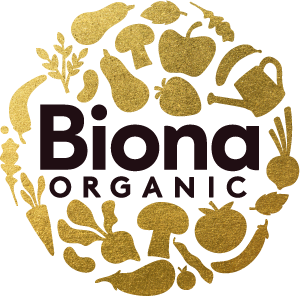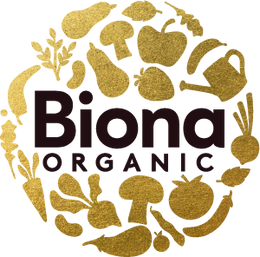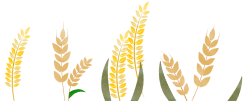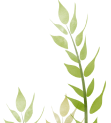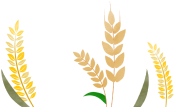Pollination: An Introduction
Farming is more efficient and economical than ever, thanks to always-advancing technology and innovation. While this development brings many benefits, there are trade-offs, too. Most alarmingly, wildlife counts reveal that numbers of crucial pollinators are dropping year-on-year.
In this series of three blogs, we cover the basics: pollination, organics and why organic produce is best for the planet and its inhabitants (and that includes us!).
First stop - pollination. How does it work and why does it matter so much?
The Birds and the Bees
You might be surprised by how much plants and animals have in common. Topping that list is the shared, single most important evolutionary goal – to reproduce. Both plants and animals are programmed to ensure that when older populations die out, plenty of youngsters remain to keep the species going.
As you know, the methods of reproduction differ. Plants reproduce by pollination. Put simply, this is the transfer of pollen from one flower to another, which promotes fertilisation and the production of seeds.
Pollinators
Pollinator is such a lovely word. For us, it conjures up images of superheroes flying about, saving the day! And actually, that’s pretty much what they do. They carry pollen from one flower to the next, completing the link in the chain to fertilisation.
Bees are the hardest working pollinators; but birds, bats, moths, beetles and butterflies all carry pollen too.
How Important is Pollination?
Of course, pollination helps to produce the fruits, nuts and seeds which are essential for a healthy diet. But it also has an immeasurable impact in our ecosystems, wildlife and food industry.
Did you know…
- 1 in 3 bites of food have had pollinators involved in its production at some stage
- 75% of agriculture relied on pollination in 2017
- 90% of wild flowers need pollinators to reproduce
- 1200 agricultural crops benefit from the work of bees
Pessimistic Projections
Sadly, scientists have noticed a rapid decline in pollinator numbers in recent years – with bees being worst affected. Modern farming is pushing British wildlife species to the brink of extinction - the importance of which just can't be overstated. This is a concern for the future of global food security.
Against Nature
Farming has made its own bid for survival by responding to rapidly expanding populations with demands for diverse foods. This has resulted in methods that support unnaturally high yields and fast crop turnover. Those headlines might sound good, but intensive farming is affecting our wildlife, food and planet.
While natural pollination just isn’t meeting the demand for crop output, the adverse effects of current short-term-fix farming methods on pollinators could reduce crop yields in future. It's high time to start thinking bigger and longer-term.
The Future
Damage caused by intensive farming has become too extensive to ignore. The food industry, forced to act by evidence of pollination problems, are now working closely with wildlife experts to restrict pesticide use and protect bees. The National Pollinator Strategy sets out a ten year plan to help pollinating insects survive and thrive.
To turn things around, farmers must reassess their use of pesticides, herbicides and fungicides - harmful chemicals used to protect crops from fungus and insects, which end up indiscriminately killing off wildlife.
Organic Farming and Pollination
Returning to organic farming will naturally lead to recovery of pollinator numbers and a consequent increase in pollination. We're not biased! Organic farming promotes biodiversity, protects natural resources and nurtures wildlife.
At Biona, we also work closely with farmers to ensure their products are produced ethically and sustainably. We're passionate about working with nature to the benefit of all of her inhabitants.
By choosing organic, you're voting with your wallet: standing up to help protect our pollinators and the planet. Luckily for you, you're also giving your body the most healthful and natural foods. What's not to like?
